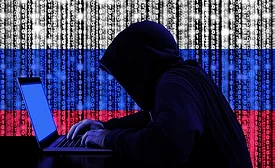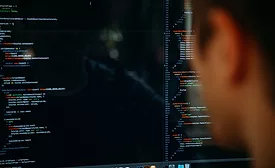Home » advanced persistent threat
Articles Tagged with ''advanced persistent threat''
Sign-up to receive top management & result-driven techniques in the industry.
Join over 20,000+ industry leaders who receive our premium content.
SIGN UP TODAY!Copyright ©2026. All Rights Reserved BNP Media.
Design, CMS, Hosting & Web Development :: ePublishing



.webp?height=168&t=1632081700&width=275)






